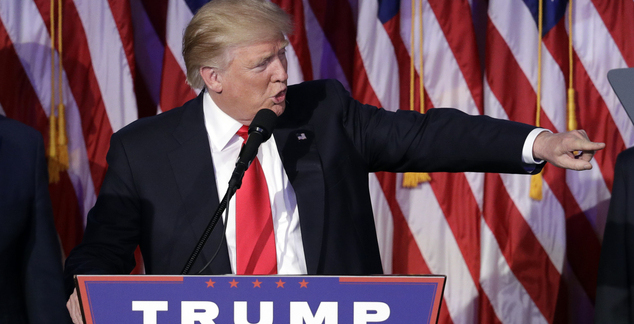What Trump triumph could mean for Nigeria – Nairametrics

Donald Trump has emerged as the President elect of the United States of America in the just concluded election having crossed the 270 electoral vote mark.
Also given that both the House and Senate majority seats were won by the Republican Party, we expect this to serve as a lever to drive his proposed policies, which include among others, stricter immigration laws and repeal of OBAMACARE. This new regime is expected to redefine America’s foreign policy.
Although the impact of the election cannot be ascertained at the moment, we expect to see a negative reaction from the US financial market and a global contagion similar to the post-Brexit effect.
Trade flows between Nigeria and the US took a major hit when the US halted oil import from Nigeria and we therefore do not envisage much deviation from the recent trend if the economic gains and competitive advantage drivers of other trade links are not altered.
Capital flow are not expected to be significantly altered as the underlying drivers are not very politically elastic; being driven mainly by fund managers’ asset allocation decisions which are quite sensitive to yield attractiveness among other factors.
On the other hand, there might be some slight moderation in proceeds of international money transfer on account of the expected tightening of immigration rules and this might have some impact on the CBN’s utilization of same to cushion FX supply, albeit marginal given the quantum of remittances at the onset of the decision was also shallow in the context of historical flows and so, we do not envisage strong bearing on the policy objective.
In addition, the remittances are global and not US-skewed. Moreover, the impact of the immigration is not expected to be instantaneous and other policy measures are in place to offset the impact. Immigration has contributed positively to productivity gains in the US when juxtaposed with other drivers of labour supply, and the inability to offset this might pose a temporary shock to the economy.
Donations, grants and aids might record a claw back but the impact of these on economic growth in Nigeria is not as strong as it used to be. In addition, the government’s growth strategy, as reflected in the Medium Term Expenditure Framework, is expected to be hinged on inclusiveness, youth empowerment and infrastructural development.









0 Comments